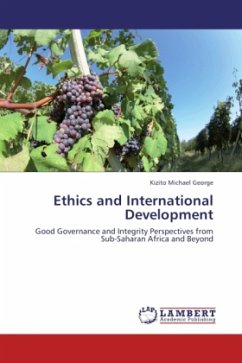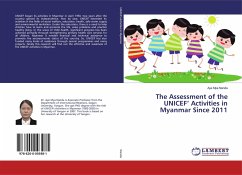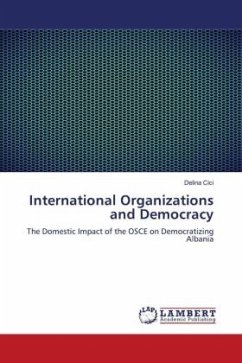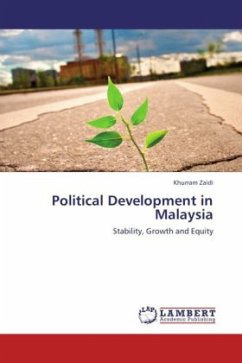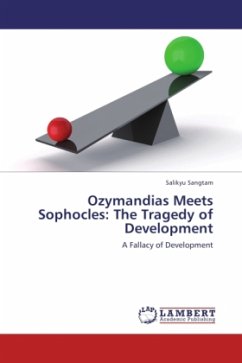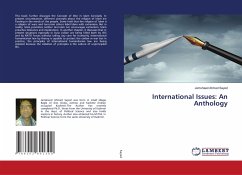Apparent in the contemporary corruption discourse is the tendency to monsterthise the state when it comes to the corruption and accountability problematic. However the prominence of neo-liberal globalisation not only renders the state virtually impotent to pursue accountability, but also incredibly reconfigures corruption cartographies from a territorial to social trajectory. Any attempt to understand corruption using a state territorial matrix seems to be self defeating because the state is immensely intertwined with deterritorised social entities or groups that are subtlety difficult to hold accountable. With the prominence of transnational capital and the transnational estate, an exclusively territorialistic conception of corruption is rendered self defeating. This books examines this and other integrity and good governance related perspectives from Sub-Saharan Africa and beyond.

